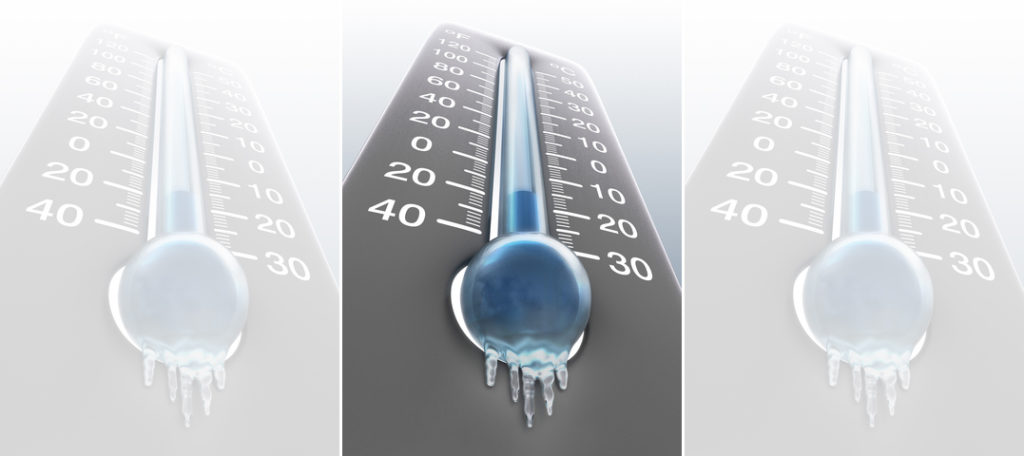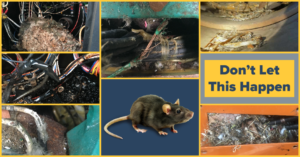Here Comes the Cold!
Winter weather is here! Whether we like it or not.
Issues related to generator performance can occur as the season’s change and the temperatures begin to fall. Here is a short list of common problems that in the past have required a call-out to our service team.
3 Easy Cold Weather Tips
Diesel Fuel
Cold temps can render your diesel generator inoperable. When temperatures drop the paraffin waxes inherent in diesel fuel begin to precipitate out of the fuel to create a semi-solid state or gel. For #2 diesel fuel used in stand-by generators this process can occur at temperatures near 17 degrees Fahrenheit. Gelled fuel can no longer flow by gravity or be pumped through fuel lines which will prevent the generator from starting.
Gelled fuel must be warmed to a point that enables the fuel to flow freely and melt the wax solids within. Any wax solids remaining in cold diesel will clog fuel filters which will reduce fuel flow and generator output if not preventing generator operation entirely.
Most suppliers of diesel fuel will add an anti-gel component to fuel that is delivered between early fall and early spring. Fuel delivered during warmer months may not have this treatment included. Speak with your fuel provider to find out the cold weather treatment status of your fuel.
While P3 Generator Services offers a diesel fuel management program designed to stabilize and prevent microbial growth in fuel, there are many off the shelf products that can be added for anti-gel protection.
Talk to your fuel provider or contact P3 Generator Services for more details.
Block Heaters
Cold engines not only will have a hard time starting, but it also means cold, thick oil in the pan. Unlike your car, generator engines do not have the luxury of warming up at idle before hitting the highway. When a power outage occurs generators are called upon to wake up from their sleep and reach full RPM in a matter of seconds.
Keeping the oil in the engine warm by means of an engine block heater will enable easier starts and proper lubrication of the pistons and rings ensuring less wear and longer engine life.
Block heaters work by warming the water in the cooling system and circulating it around the engine block. Periodically check for proper operation by simply feeling the hose on the downstream side of the block heater. It should be warm to the touch. If not, check to be sure it is properly plugged into a 110v outlet. Power cords inadvertently pulled from their sockets is a common finding.
Otherwise, call P3 Generator Services for further diagnostic or possible block heater replacement.
Starting Batteries / Battery Chargers
Perhaps one of the biggest call outs when the weather changes is from battery failure. All summer long your generator has been starting flawlessly. But those 3 year old batteries may give up when the temps drop – especially for outdoor generators. Make sure that battery chargers are plugged in and operational. If batteries are more than 3 years old, it may be time to replace them.
When winter weather strikes and the power goes out, don’t let these simple checks prevent the operation of your generator when you need it most.
While your generator service provider is aware of these issues and will surely do everything they can to prevent these common occurrences, they are only at your facility 2-4 times per year. An educated maintenance staff on the facility side can mitigate some of these call-out situations saving your facility both money and a down generator.
For more information, please call P3 Generator Services at 908-454-1124.
or email us at info@P3GeneratorServices.com
P3 Generator Services
7 Edge Road, Alpha, New Jersey 08865





